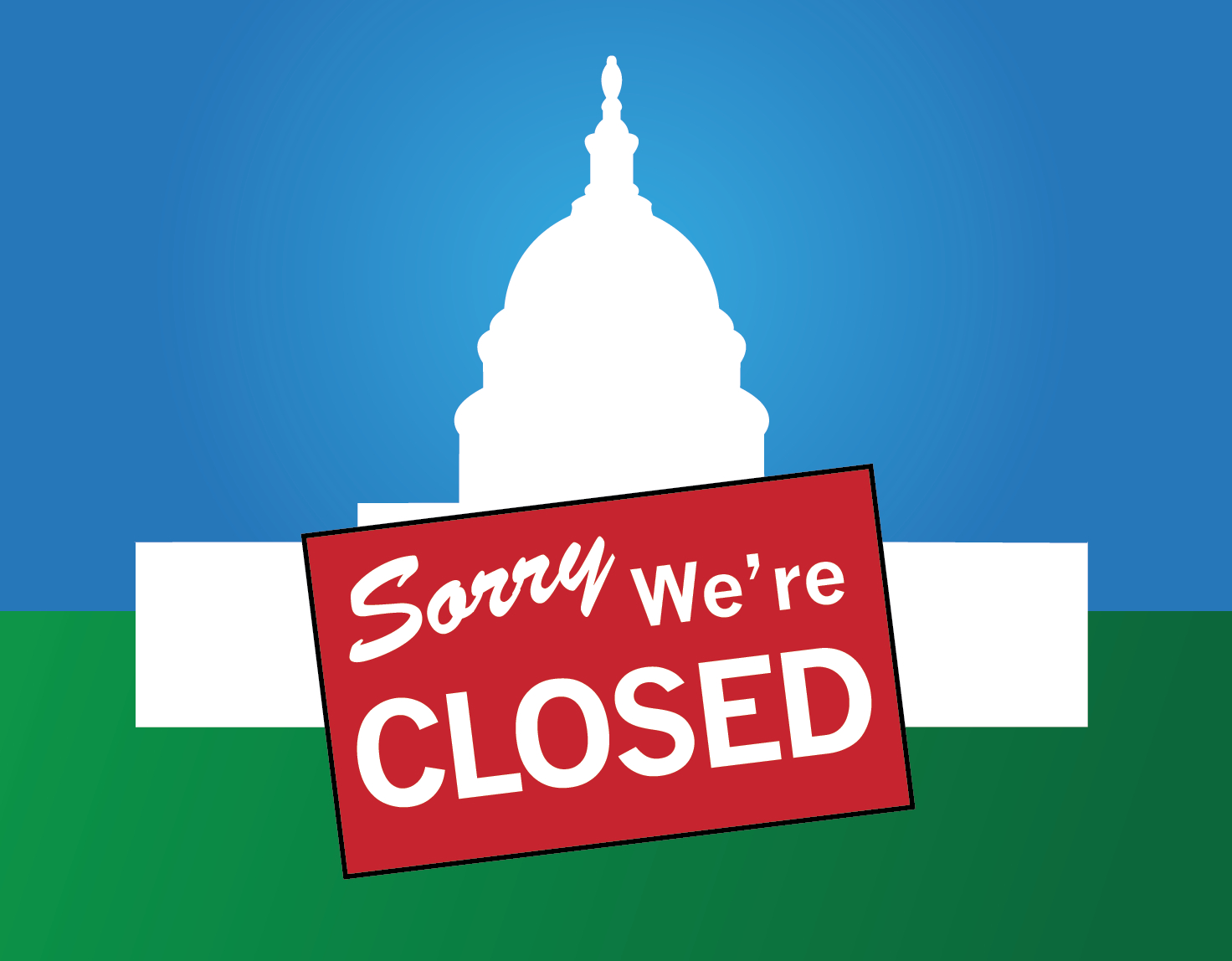
by Jared Perlo
Ten percent. Ten. Think about it. No, that’s not your most recent grade on a physics test, nor is it the percentage of bingo players who are less than 35 years old (30 percent!). Sadly, that’s Congress’ current approval rating according to a new Quinnipiac poll. Yeah, it’s that bad.
Republicans insist on delaying the dreaded individual mandate of Obamacare for a year, while Democrats balk at the notion of compromise and insist that since the law is already on the books, it is nothing short of heretical to hold an entire nation’s economy hostage. Being a youngster in the heart of liberal Massachusetts, it seems to me as though most of the blame lies squarely with the Grand Old Party (GOP). They saw a bill that they detested get passed in Congress and upheld in the Supreme Court, so they resorted to infantile tactics to get their way. As President Obama said, “you don’t get to extract a ransom for doing your job.”
But no matter where you place your blame, the elected representatives are behaving more like toddlers fighting over Monopoly money than esteemed intellectuals charged with ensuring the operation of this country. Even high school students could do a better job of sorting out quarrels.
For that matter, I’m sure high schoolers would do a better job. Too often, adolescents are discredited for being immature and childish, not knowing what it’s like to deal with real problems and lacking experience in “the real world.” And while high schoolers have obviously lived through less of life than congressional representatives, the gridlock in Congress illustrates the need for a new way of thinking.
High schoolers, especially the well-educated denizens here at Newton North, are challenged to always analyze and think critically, while simultaneously keeping an open mind. Congressmen excel at criticizing, but they could learn lots by observing a Student Faculty Administration meeting. The SFA might not be the most efficient governing body in the world, but at least they work more cohesively than the ideologues in Congress. Example A: Last year, the SFA decided to allow access to social media websites via the school internet, showing the ultimate open mindedness of its officials. It took weeks of contested debate, but students ultimately persuaded enough delegates to agree to a near-unanimous compromise.
No Dr. Seuss-laden filibusters needed, just an open mind and a willingness to come together. Just the other day, my Comparative Government class had a refreshingly intellectual, intriguing discussion about health care and balancing fiscal responsibilities with the needs of an increasingly-diverse country, much of which is a far stretch from the green lawns of affluent, suburban Newton.
In this day and age, partisanship rages fiercer than ever before in recent decades, with legislators becoming increasingly ingrained in their ideas while refusing to consider new ideas. No government should arrive at the point where it ceases to function because of political differences—no less political differences over a law that has already been passed. Newly elected, highly ideological representatives on both sides of the aisle could learn from observing high schoolers having a civilized debate.
Americans place blame on every party, with 72 percent of the population disapproving of the Grand Old Party while 60 percent are not content with the Dems, according to the same Quinnipiac questionnaire.
Yet even teenagers, the future voters and leaders of this country, can see past party alignments to the needs of the American people. In the classroom debate, we realized that paychecks and livelihoods depend on the function of the government. When it comes to mortgage payments, food purchases, and the myriad of other expenses facing workers, being furloughed simply is not an option in today’s brittle economy.
If legislators swapped places with high schoolers for a day, maybe they would realize from the open debate that compromising staunch ideals is sometimes necessary to move forward. Maybe, just maybe, “change”would finally become more than just a campaign slogan and actually coalesce into reality. Fingers crossed.










































